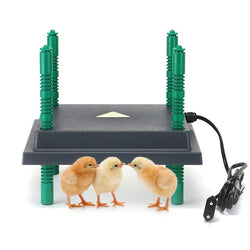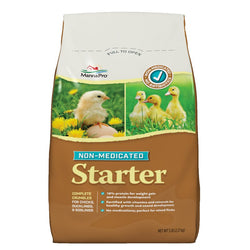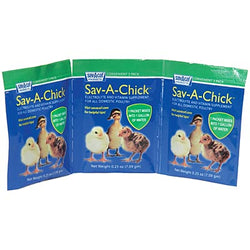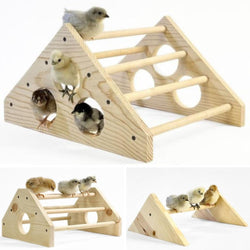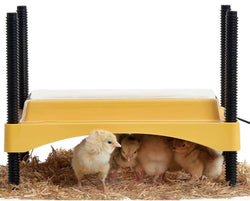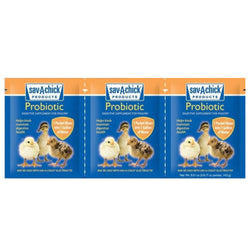How can I tame ducks and geese?
Back to blog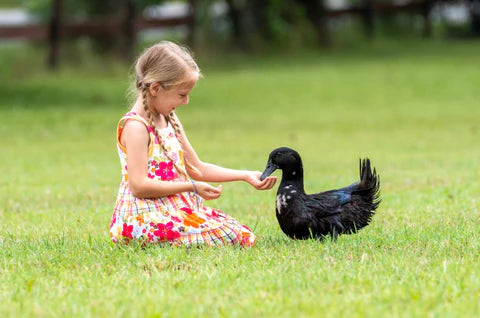
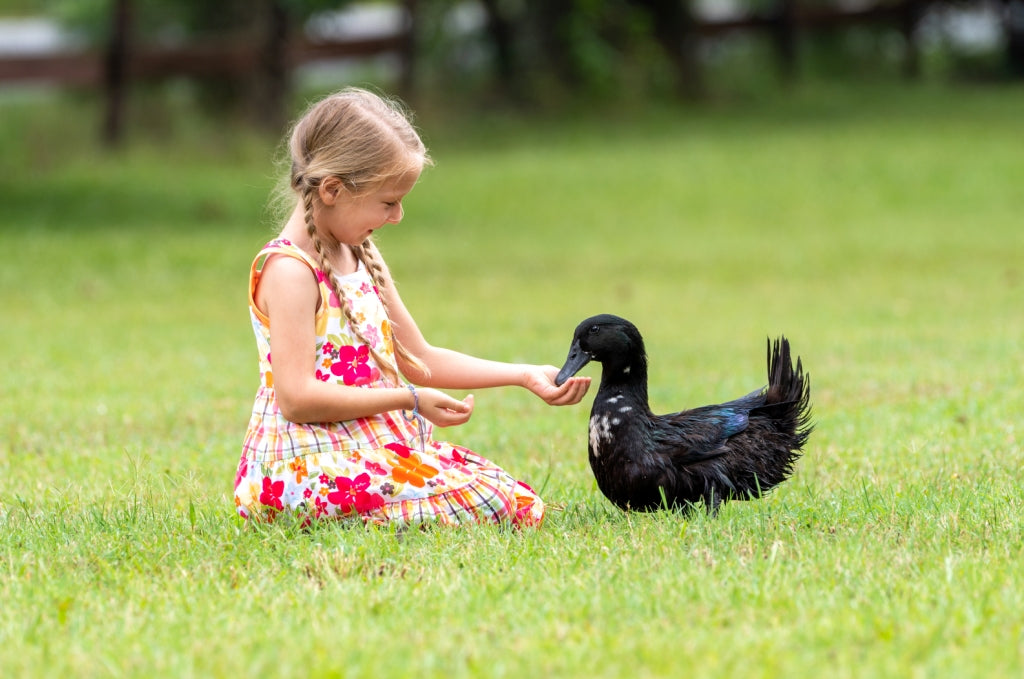
As you work to tame your waterfowl, it is important to remember that just like dogs, cats, and chickens, some specific breeds of ducks and geese tend to be friendlier than others, and some individuals will be more outgoing, interested, or sweeter than others. Like humans, waterfowl have their own unique personalities, and some are more trusting and malleable than others. No matter what you do, some individuals may remain wary of you throughout their lives. Others will treat you like a member of the family.
Make the Most of Imprinting
Day-old waterfowl tend to follow and recognize as "mom" the first living creature they see and hear after hatching. This behavior is called "imprinting," and if you can get your ducklings and goslings to imprint on you, it will help them be calmer and more friendly when you are around. The sound of your voice is most important for this process. When your day-old waterfowl arrive after shipping, they can still imprint on you as you speak to them with a calm, comforting voice while opening the box and introducing them to the brooder.
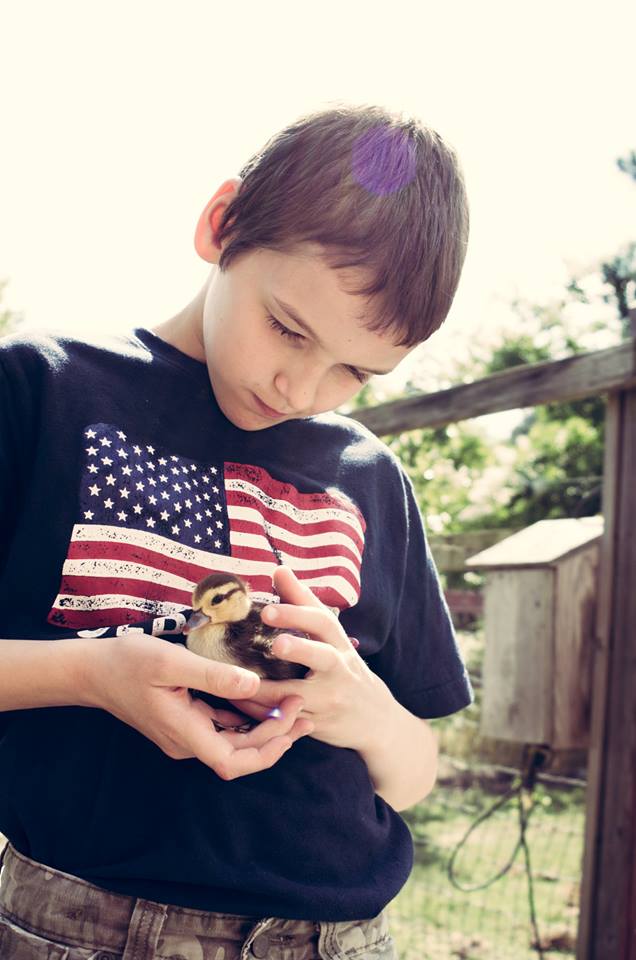
You can reinforce imprinting by using a pleasant voice every time you approach the brooder. Be sure they hear you coming before they can see you. That will help keep your young waterfowl from being startled when your looming figure hovers over their heads. You can also give them healthy treats like greens when you arrive. This will help them look forward to your arrival rather than fearing it. Imprinting is a temporary thing, and your ducks and geese will likely stop following and tracking you when they are little older, but you will have laid the foundation of trust that will help them be more tame with you their entire lives.
The same behaviors that help ducklings imprint and develop trust should be used with older waterfowl as well:
- Woo them with your smooth talkin'. Feel free to channel your internal Barry White on this! Talking to your ducks and geese frequently in a calm, gentle voice before you arrive at their coop and while you interact with them will keep them relaxed and stress-free when you are around.
-
Have a pick up plan. While ducks and geese are prone to injuries to their legs and wings, you can and should pick them up occasionally to help tame them. These Help articles will show you the proper way to handle your waterfowl without injuring them:
How do you pick up a duck?
How do I pick up a goose? - Use food to keep a Zen mood. Train your flock to associate you with tasty food and positive attention. This will help them come to you when you call, which is really important if you ever need to give them medications or examine them for injuries. So just like you would with a puppy, train them to understand that coming when called equals reward. Good rewards for ducks and geese are mealworms, small pieces of tomato, lettuce, kale--no duck junk food or bread!
- Get down on their level. Periodically, take some time to simply sit among your flock. This encourages them to come investigate and forage near you. Take your morning coffee and a book and just "be" with them. Not only is this peaceful for you, but your ducks and geese will learn to enjoy your company on a regular basis, especially if there are always treats in a dish at your feet.
- Maintain your chill vibe. Don't act like a predator when you're around your flock. Avert your eyes (don't stare at them) and walk in a relaxed, purposeful manner, avoiding making sudden movements and loud noises.
